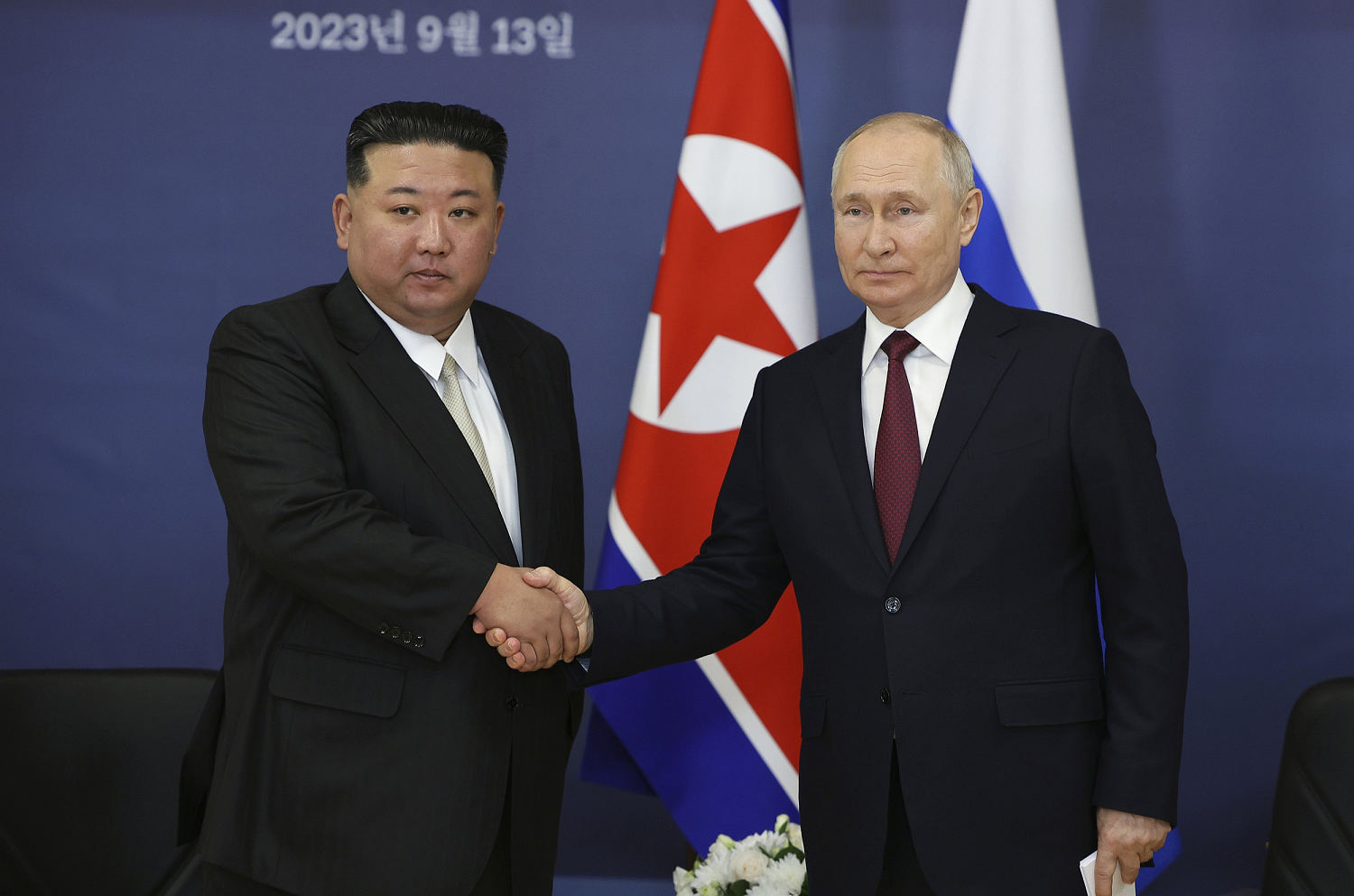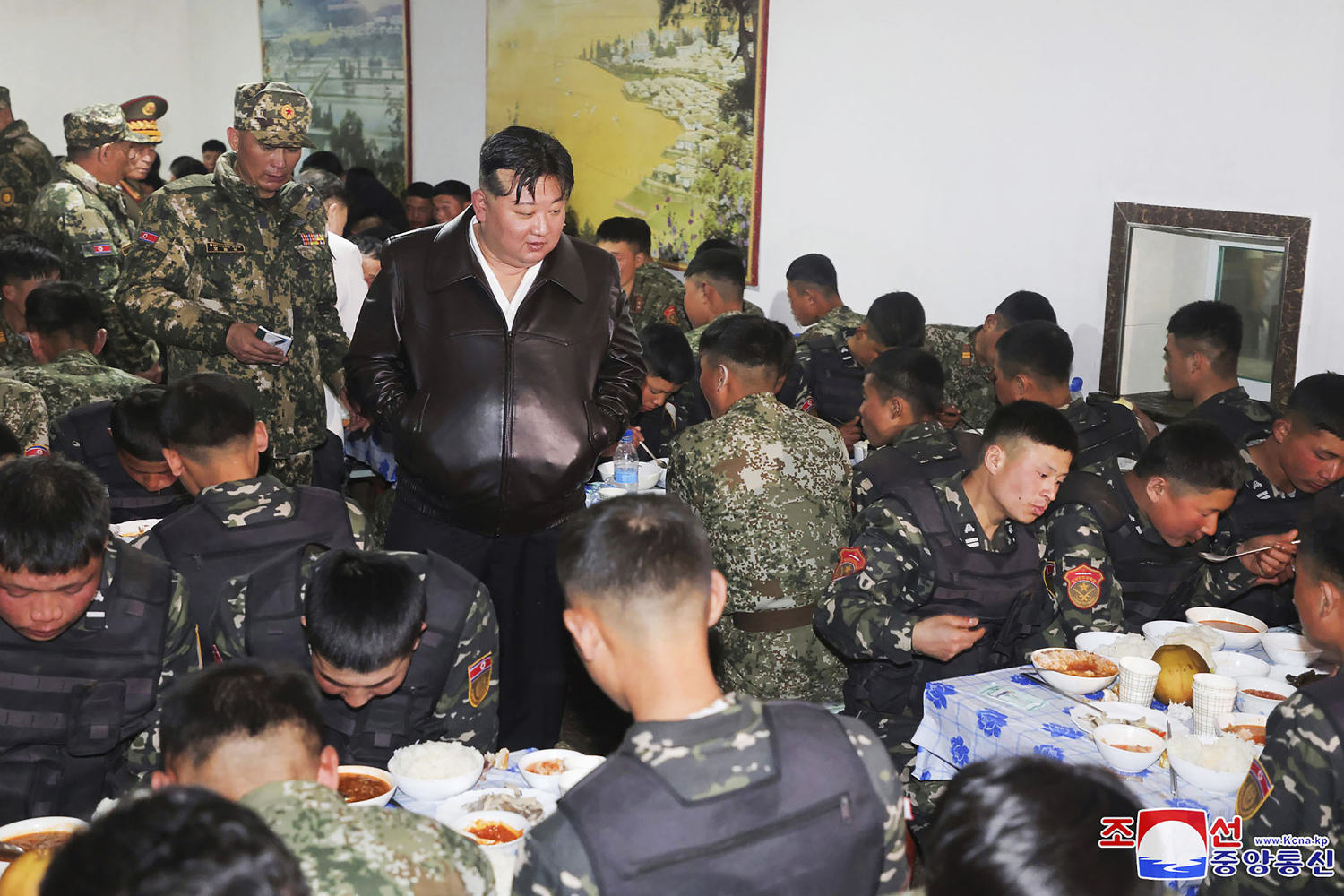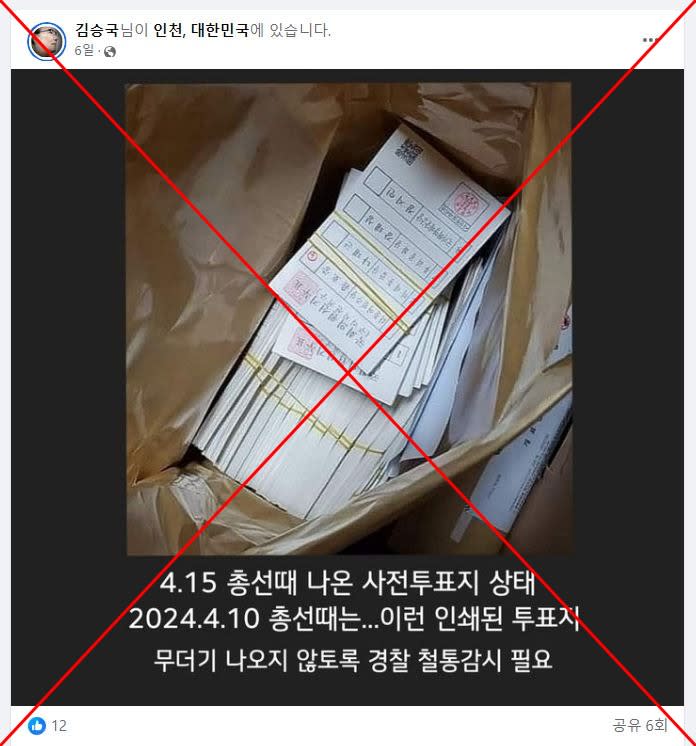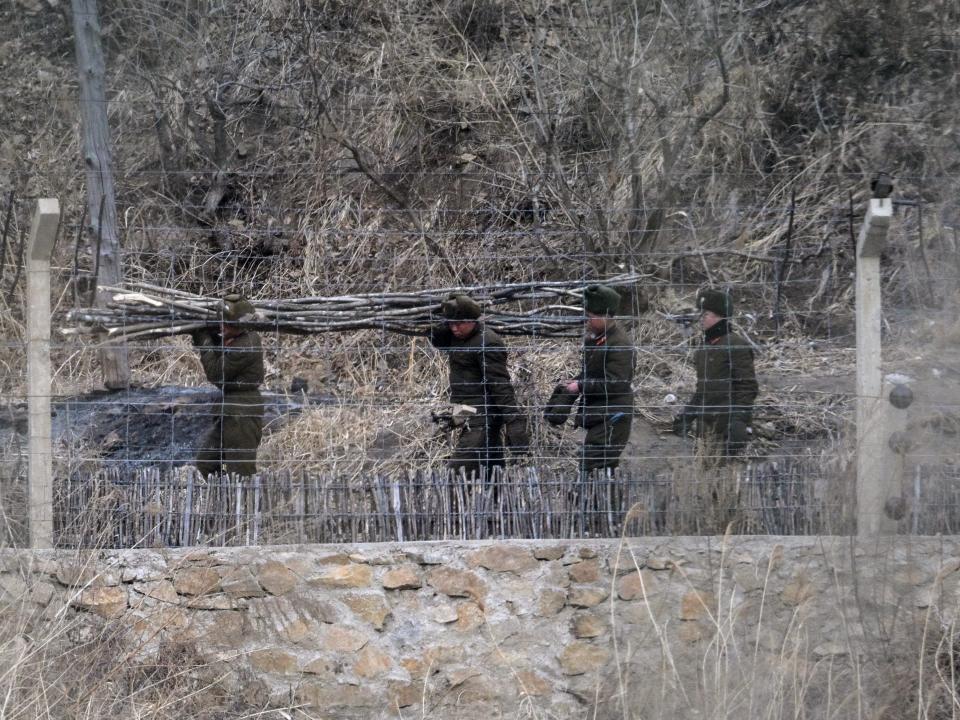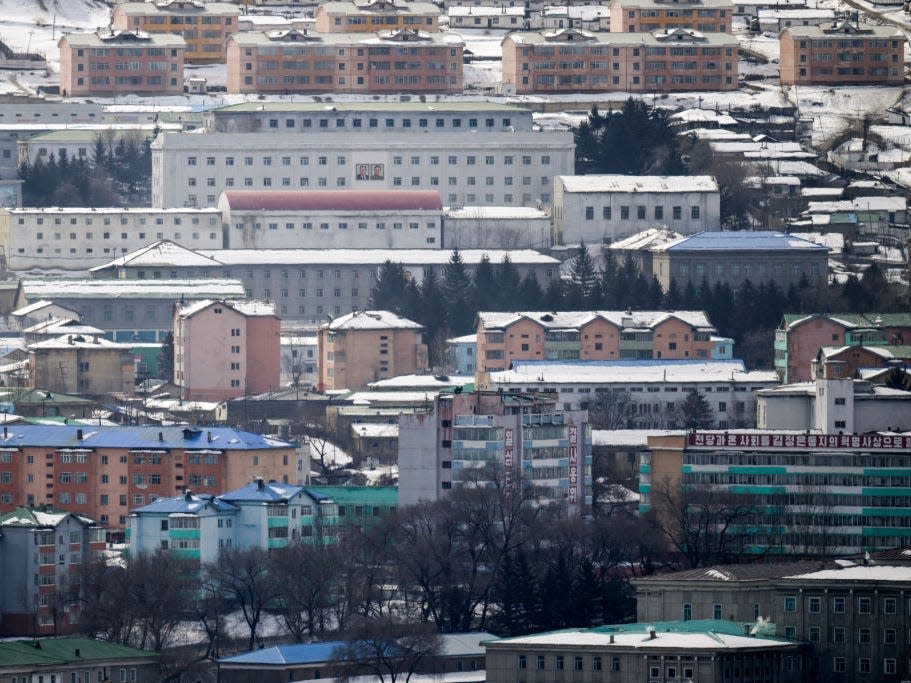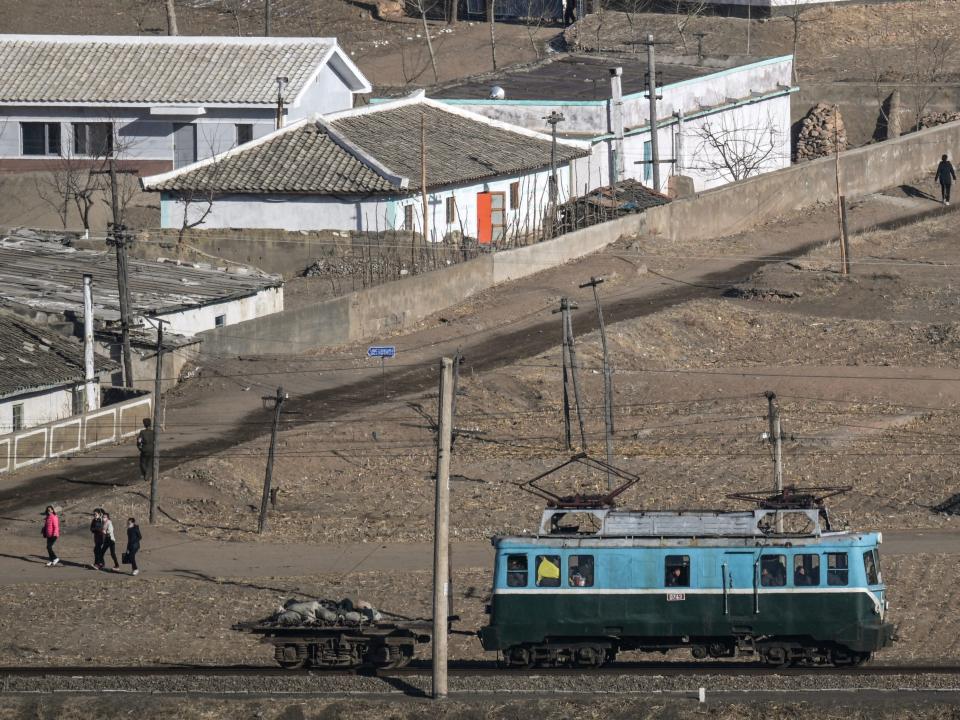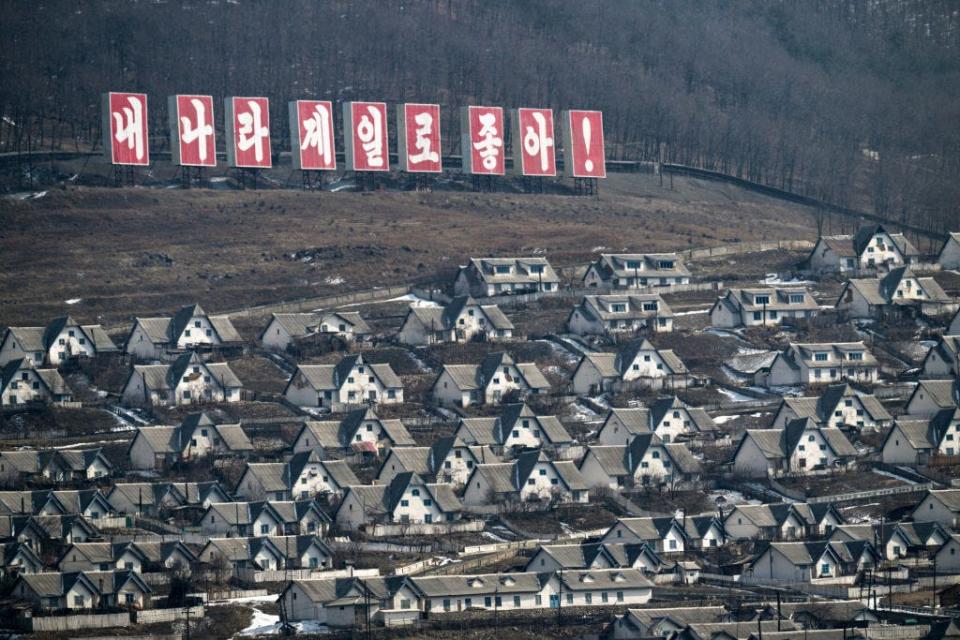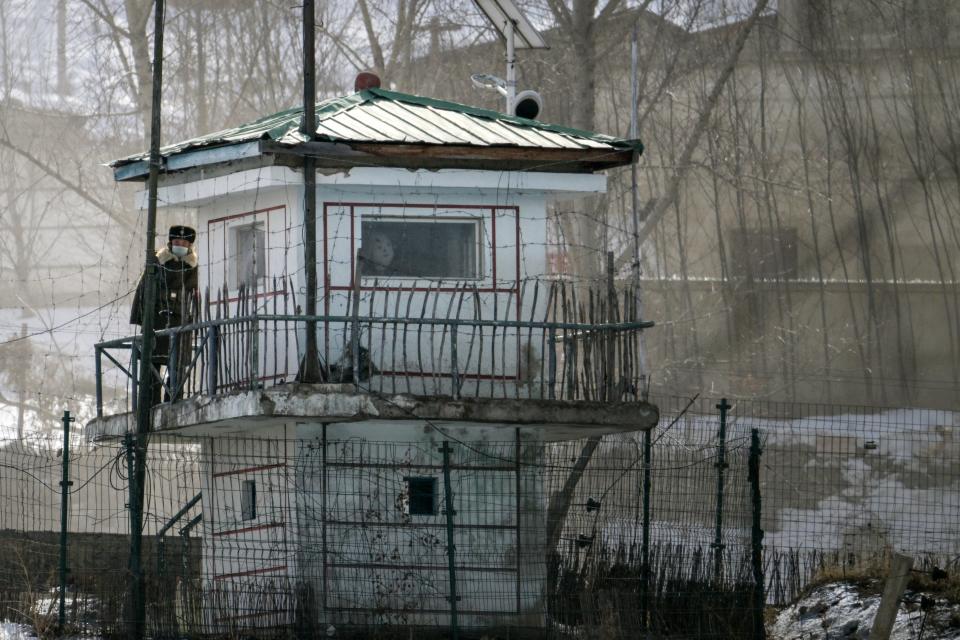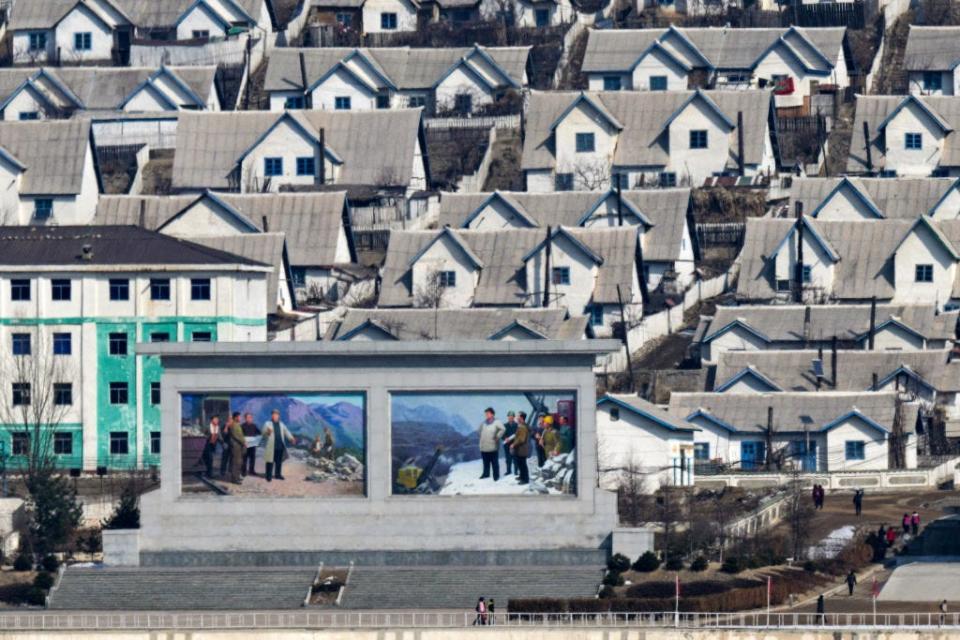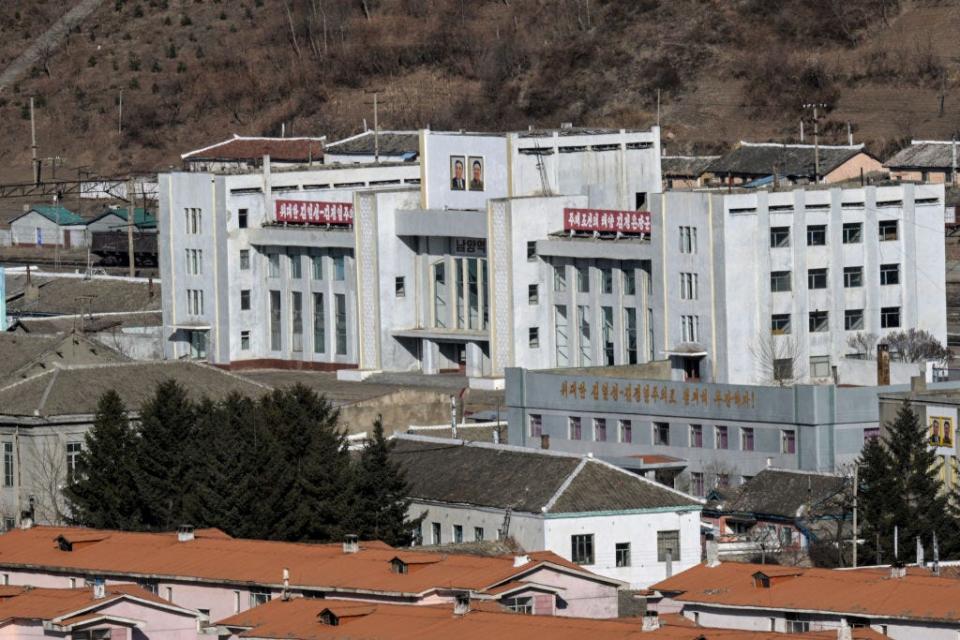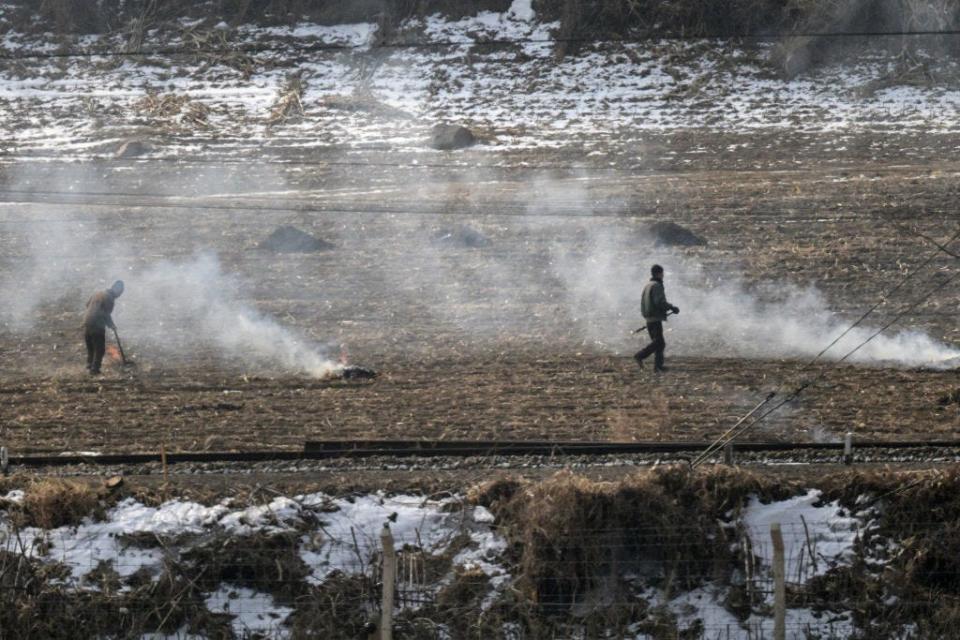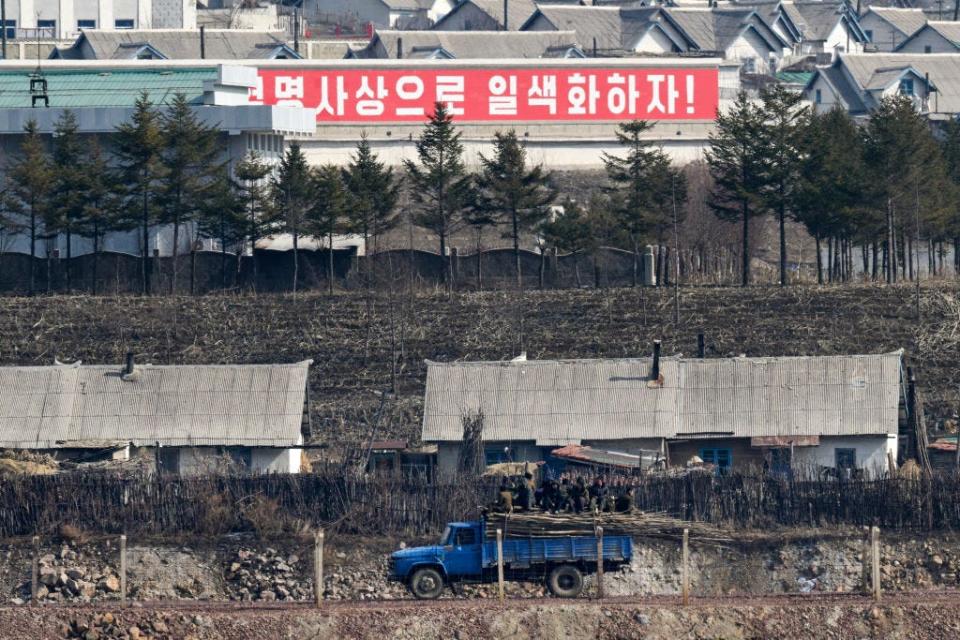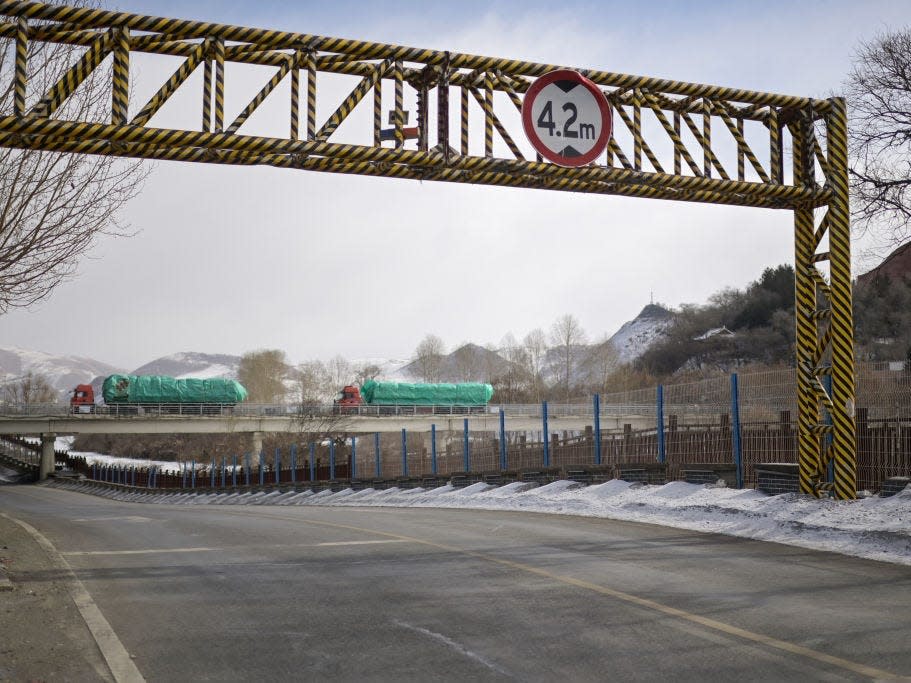UNITED NATIONS — A veto Thursday by Russia ended monitoring of U.N. sanctions against North Korea over its nuclear program, prompting Western accusations that Moscow is seeking to avoid scrutiny as it allegedly violates the sanctions to buy weapons from Pyongyang for its war in Ukraine.
Russia’s turnaround on the U.N. monitoring reflects how Moscow’s growing animosity with the United States and its Western allies since the start of the Ukraine war has made it difficult to reach consensus on even issues where there has been longstanding agreement.
The veto came during a vote on a U.N. Security Council resolution that would have extended the mandate of a panel of experts monitoring sanctions on North Korea for a year, but which will now halt its operation when its current mandate expires at the end of April.
The vote in the 15-member council, with 13 in favor, Russia against, and China abstaining, has no impact on the actual sanctions against North Korea, which remain in force.
Russia had never before tried to block the work of the panel of experts, which had been renewed annually by the U.N. Security Council for 14 years and reflected global opposition to North Korea’s expanding nuclear weapons program.
Russia’s U.N. Ambassador Vassily Nebenzia told the council before the vote that Western nations are trying to “strangle” North Korea and that sanctions are losing their “relevance” and are “detached from reality” in preventing the proliferation of nuclear weapons in the country.
He accused the panel of experts of “increasingly being reduced to playing into the hands of Western approaches, reprinting biased information and analyzing newspaper headlines and poor quality photos.” Therefore, he said, it is “essentially conceding its inability to come up with sober assessments of the status of the sanctions regime.”
But U.S. Deputy Ambassador Robert Wood called the panel’s work essential and accused Russia of attempting to silence its “independent objective investigations” because it “began reporting in the last year on Russia’s blatant violations of the U.N. Security Council resolutions.”
He warned that Russia’s veto will embolden North Korea to continue jeopardizing global security through development “of long-range ballistic missiles and sanctions evasion efforts.”
White House national security spokesman John Kirby condemned Russia’s veto as a “reckless action” that undermines sanctions imposed on North Korea, while warning against the deepening cooperation between North Korea and Russia, particularly as North Korea continues to supply Russia with weapons as it wages its war in Ukraine.
“The international community should resolutely uphold the global nonproliferation regime and support the people of Ukraine as they defend their freedom and independence against Russia’s brutal aggression,” Kirby told reporters.
Britain’s U.N. Ambassador Barbara Woodward said Russia’s veto follows arms deals between Russia and North Korea in violation of U.N. sanctions, including “the transfer of ballistic missiles, which Russia has then used in its illegal invasion of Ukraine since the early part of this year.”
“This veto does not demonstrate concern for the North Korean people or the efficacy of sanctions,” she said. “It is about Russia gaining the freedom to evade and breach sanctions in pursuit of weapons to be used against Ukraine.”
“This panel, through its work to expose sanctions non-compliance, was an inconvenience for Russia,” Woodward said.
France’s U.N. Ambassador Nicolas de Riviere added that “North Korea has been providing Russia with military material in support of its aggression against Ukraine, in violation of many resolutions which Russia voted in favor of.”
Russia’s deputy U.N. ambassador Dmitry Polyansky responded, calling these “unfounded insinuations” that “only strengthened our conviction that we took the right decision to not support the extension of the panel of experts.”
The Security Council imposed sanctions after North Korea’s first nuclear test explosion in 2006 and tightened them over the years in a total of 10 resolutions seeking — so far unsuccessfully — to cut funds and curb its nuclear and ballistic missile programs.
The last sanctions resolution was adopted by the council in December 2017. China and Russia vetoed a U.S.-sponsored resolution in May 2022 that would have imposed new sanctions over a spate of intercontinental ballistic missile launches.
The Security Council established a committee to monitor sanctions and the mandate for its panel of experts to investigate violations had been renewed for 14 years until Thursday.
